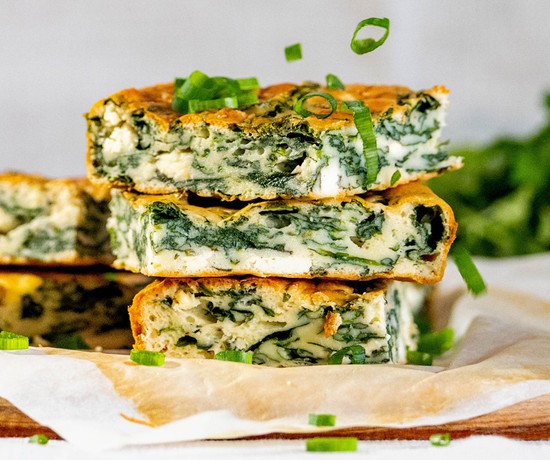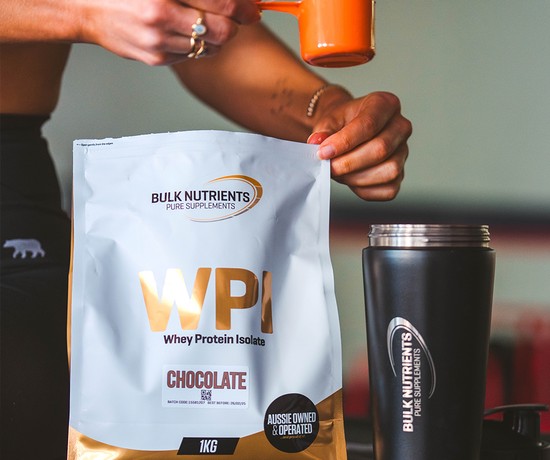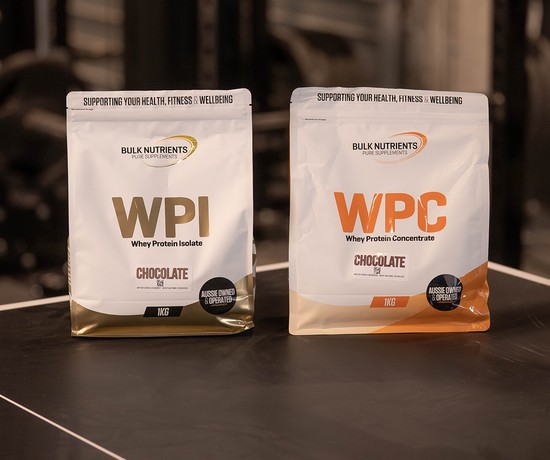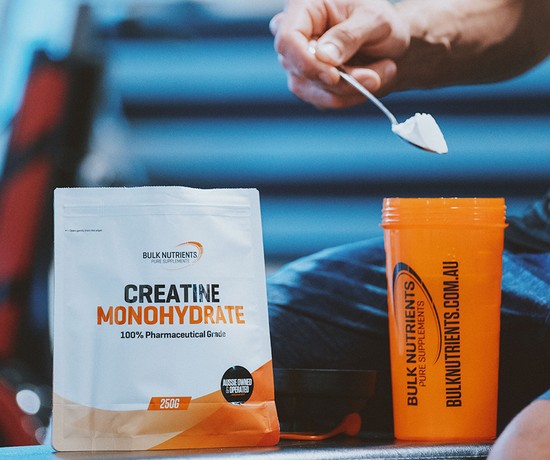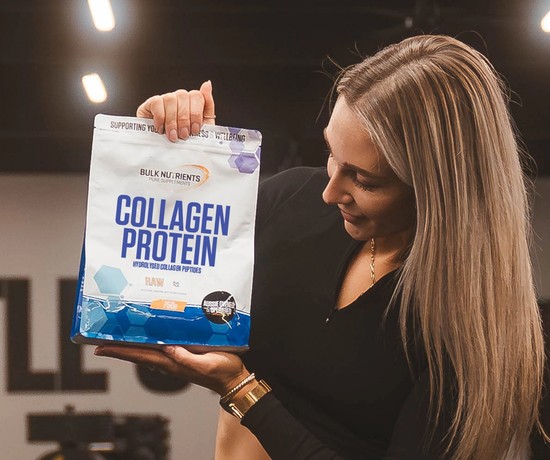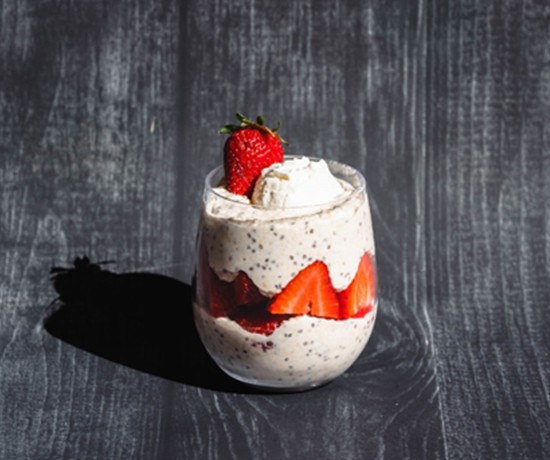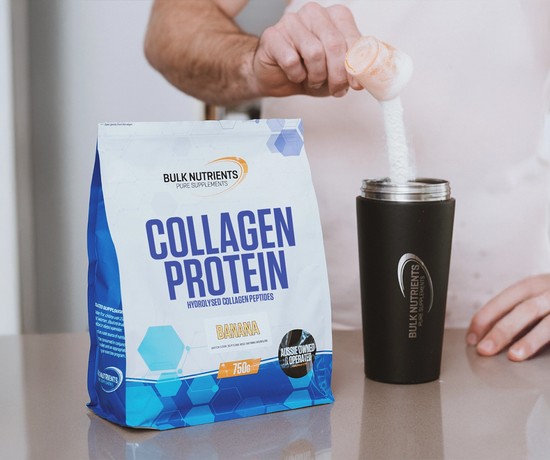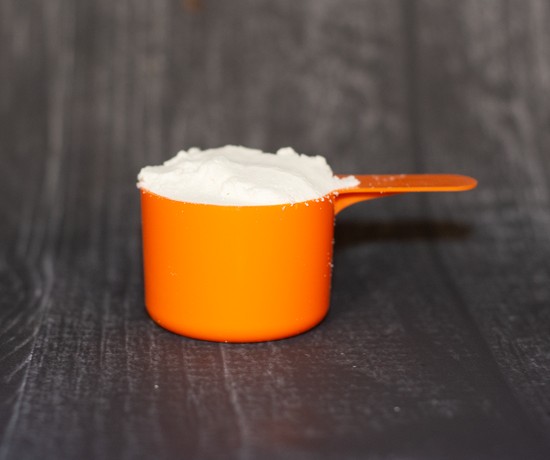How Weight Loss Can Be Destroyed by Cheat Meals

Are cheat meals bad for weight loss?
You might have heard the popular fitness expression: "It's a cheat MEAL, not a cheat DAY!" In other words, don't overdo it!
Fat loss research is very clear: weekends ruin progression quite easily. To quote the forecited authors:
"These results provide one explanation for the relatively slow rates of weight loss observed in many studies (on weekends), and the difficulty with maintaining significant weight loss."
We're only human after all: we're consistent on weekdays, only to struggle on weekends. There's not many of us who can't relate to that.
Here's how it happens: let's use the example of Bulk Nutrients customer "Patricia." Patricia eats in a 20% calorie deficit to the tune of 1600 calories for slow and steady weight loss. Her week then looks like this:
- Monday = 1600 calories (500 calorie deficit)
- Tuesday = 1600 calories (500 calorie deficit)
- Wednesday = 1600 calories (500 calorie deficit)
- Thursday = 1600 calories (500 calorie deficit)
- Friday = 1600 calories (500 calorie deficit)
- Total deficit of calories = 2500
Then Saturday rolls around, and after breakfast and lunch, Patricia has had 1600 calories. And Patricia burns 2000 calories per day, meaning anything she eats over that puts her in a calorie surplus where body fat can be stored.
So, after some entrees at dinner, Patricia is at 2000 calories roughly. And the "cheat meal" hasn't even really started.
And then the cheat meal arrives; a hamburger and chips with a big thick beef patty so calorie-dense it could be sold for pure energy! And that's not to mention the chips...
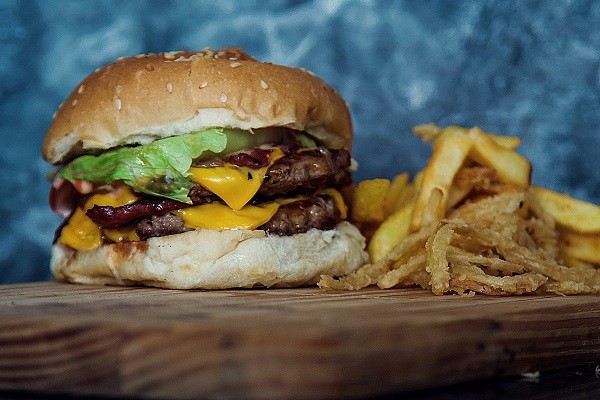
So now (after this 1000 calorie bomb) Patricia is now at 3000 calories -- that's a 1000 calorie surplus, and the equivalent of TWO DAYS OF DIETING! Which puts her back to Wednesday.
Tragically, only Monday to Wednesday have counted in Patricia's diet, a cumulative deficit of 1500 calories only.
Now let's say, hypothetically, that Patricia stops here and DOESN'T have desert. The next day, Sunday, sees her win back another 500-calorie deficit. So that's now a cumulative deficit of 2000 calories for the week only (when it could be 3500 calories). Let's see that in detail:
- Monday = 1600 calories (500 calorie deficit)
- Tuesday = 1600 calories (500 calorie deficit)
- Wednesday = 1600 calories (500 calorie deficit)
- Thursday = 1600 calories (500 calorie deficit)
- Friday = 1600 calories (500 calorie deficit)
- Saturday = 3000 calories (1000 calorie surplus)
- Sunday = 1600 calories (500 calorie deficit)
- Total deficit of calories = 2000
Why does it need to be 3500 calories? Well, a 3500-calorie deficit for the week is (roughly) one pound of body fat lost (~.5 of a kilogram).
So, when you compare a 2000 weekly deficit vs a 3500 weekly deficit, you can see why it can take some people a while to lose weight. Patricia would need two weeks of this eating pattern to have a 4000-calorie deficit.
Now, we will point out that the "3500 calorie deficit equates to a lost pound of body fat" is generally branded as an oversimplification, but it's still a recommended yardstick for health and fitness professionals, that many continually use.
But the point is, two weeks for a 4000-calorie deficit for Patricia? Forget about it!
But that's not the worst of it.
Patricia has desert too, because, why not? She's had a hard week dieting, a stressful week at work, and her partner is ordering one, so she goes for it.
And that's another 700 calories. So, she's eaten 3700 calories for the day when she burns 2000 calories. This means her calorie surplus for the day is 1700 calories, and that looks like this:
- Monday = 1600 calories (500 calorie deficit)
- Tuesday = 1600 calories (500 calorie deficit)
- Wednesday = 1600 calories (500 calorie deficit)
- Thursday = 1600 calories (500 calorie deficit)
- Friday = 1600 calories (500 calorie deficit)
- Saturday = 3000 calories (1700 calorie surplus)
- Sunday = 1600 calories (500 calorie deficit)
- Total deficit of calories = 1300

And THAT is how to spin your weight loss wheels whilst dieting. You'd need THREE full weeks of this dieting style to accumulate 3900 calories -- when you ideally should accumulate a deficit of 3500 calories every week.
So, with our 3500-calorie rule to lose half a kilogram of fat (roughly), Patricia would need three weeks to do it. Now it may be that it would take 2 weeks or 2.5 weeks depending on many factors outside the scope of this article, but you can see how difficult she's making it for herself regardless!
But this is how people go wrong with their cheat meals!
For Patricia to correct this, she would need to consume roughly 500 calories prior to this dinner to ensure her cheat meal surplus is far less. These 500 calories would need to come from lean protein sources and greens. This will be detailed in another Bulk Nutrients article: How to structure your day to have a cheat meal.
The bottom line is that people go overboard on cheat meals and put themselves back, and this is precisely how they do it. Be sure to consume cheat meals on days you've kept your calories low, to be certain you're not making your weight loss efforts harder than they need to be!
References:
- Hall KD. What is the required energy deficit per unit weight loss?. Int J Obes (Lond). 2008;32(3):573-576. doi:10.1038/sj.ijo.0803720
- McArdle WD. Exercise physiology: energy, nutrition, and human performance. 4th edition edn. Williams & Wilkins; Baltimore: 1996.
- Racette SB, Weiss EP, Schechtman KB, et al. Influence of weekend lifestyle patterns on body weight. Obesity (Silver Spring). 2008;16(8):1826-1830. doi:10.1038/oby.2008.320









